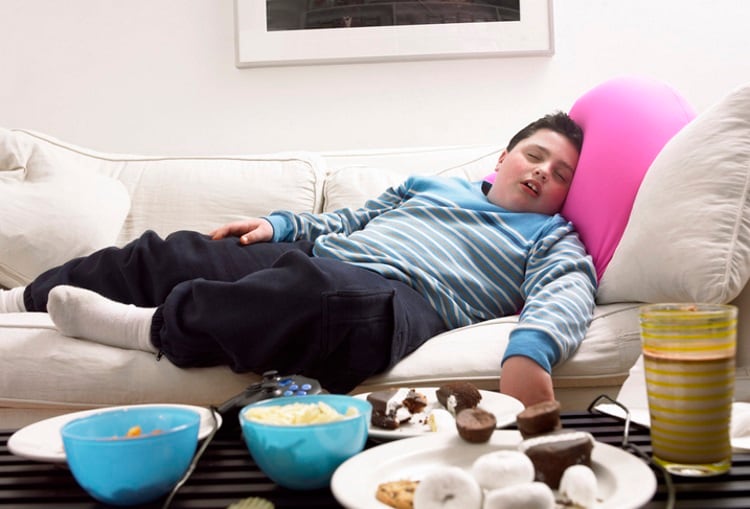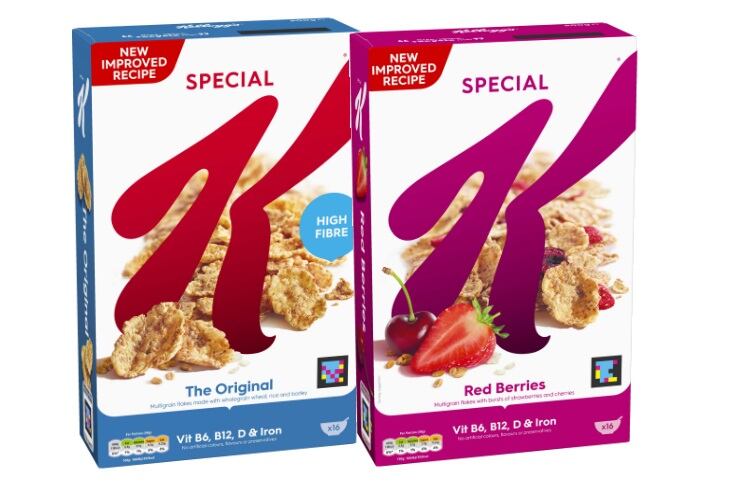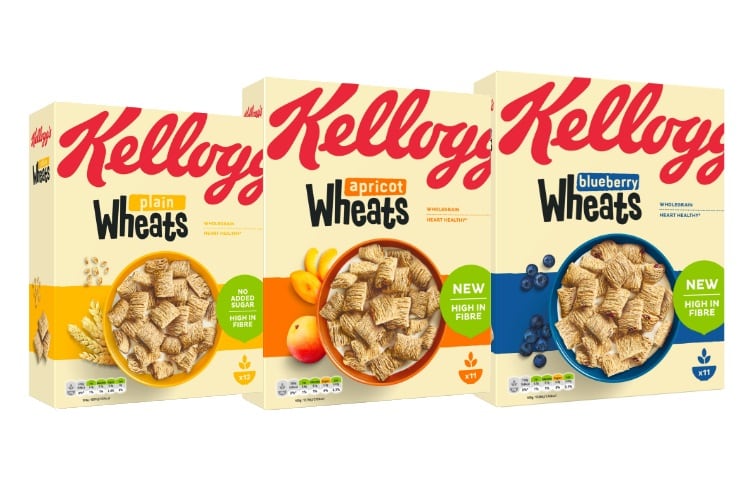According to the breakfast cereal giant, the regulations restricting the promotion of products deemed high in fat, sugar and salt (HFSS) are skewed.
The company said independent market data shows that breakfast cereals are actually eaten with milk or yoghurt in 92% of cases, which obviously changes the nutritional profile of the meal.
It contends that including added milk changes calculation by reducing the proportion of sugar and salt content relative to the weight of the overall serving.
Chris Silcock, MD of Kellogg's UK, said, “We believe the formula being used by the government to measure the nutritional value of breakfast cereals is wrong and not implemented legally. It measures cereals dry when they are almost always eaten with milk.
“All of this matters because, unless you take account of the nutritional elements added when cereal is eaten with milk, the full nutritional value of the meal is not measured.”
Tried to be reasonable
In a statement, Kellogg's said it has “tried to have a reasonable conversation with government" over its biased data, however, this has been unsuccessful, hence the breakfast cereal’s attempt to right the wrong in court.
Many of its popular products – such as Crunchy Nut Corn Flakes, Coco Pops and Fruit & Fibre – are considered high in sugar in their dry form, and will feel the blow when the regulations come into force in England in October.
The rules limit the instore promotion of HSFF products, along with the placement in high-profile locations such as checkouts, store entrances, aisle ends and in prominent positions – both instore and online. From next year, it also bans TV and online advertising before 9pm.
These will obviously have a major impact on sales.
In fact, last year, predictive analytics provider IRI told BakeryandSnacks the UK savoury snacks industry stands to lose £500m (£381.1m and the bakery sector at risk of losing £143.4m) should the government’s injunction go ahead.
The big truth
The government said the rules are designed to help tackle the rising crisis of obesity, which costs the country’s National Health System (NHS) more than £6bn a year and is the biggest cause of cancer in the UK.
NHS Digital data reveals that nearly two-thirds of adults are classed as overweight, with more than a quarter deemed obese.
More shocking are the figures that classify one in 10 children in reception year (from 4 years old) as obese, rising to one in five by the time they finish primary school (up to 11 years old).
The Royal College of Paediatrics and Child Health has described the country’s obesity issue as “one the greatest threats to society.”
Watch this space
The case marks an important test for the new regulations and will certainly be closely monitored by the food industry.
The government has indicated it is determined to thwart Kellogg's legal case, alleging breakfast cereals contribute “a significant amount” (7%) to the average daily free sugar intakes of children.
There is also the risk that a win by the multinational could open the floodgates for other producers to suggest ways their HFSS products could be reduced if served with other ingredients.
Critics like Caroline Cerny from the Obesity Health Alliance has voiced astonishment at Kellogg’s move.
“This is a blatant attempt by a multinational food company to wriggle out of vital new regulations that will limit their ability to profit from marketing their unhealthy products,” she told the media.
“It's shocking that a company like Kellogg's would sue the government over its plans to help people be healthier rather than investing in removing sugar from their cereals.”
The case is being heard at the Royal Courts of Justine in London.





